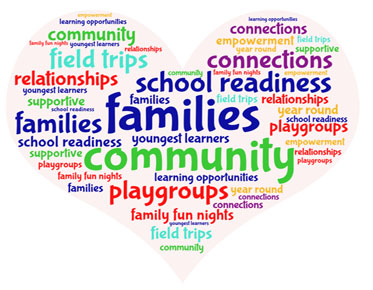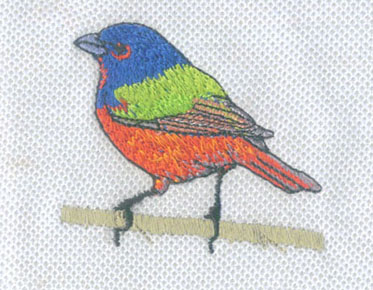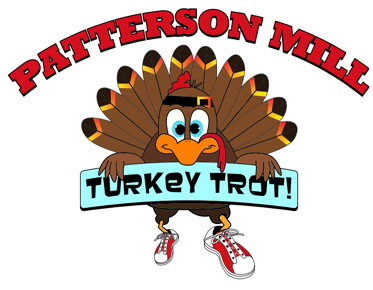Let's Convert Your Raster Image to Vector for About $15
A raster image consists of pixels, which are small squares of different colors. The color is stored in each pixel and takesup space in the image file. As you zoom in on a raster image, you can see each of the pixels that comprise the image.
A raster image is a collection of pixels, each of which has a color value. Vectors, on the other hand, are created from mathematical equations.
A vector image has no pixels, so it can be scaled to any size without loss of quality. When you zoom in on a vector image, you don't see individual pixels, but the lines and shapes that make up the image. In order to convert a raster image to a vector image, you need to convert each pixel into a mathematical equation. This technique is called raster to vector conversion.
What is raster to vector conversion?
In the field of image editing, a raster-to-vector conversion service is the process of converting a pixel-based image into a vector image. This means converting low-quality images into high-quality images without losing their originality. For example, convert JPG to vector and PNG to vector.
Raster to vector conversion services for industrial and commercial purposes. It includes banners, screen printing, vehicle wrapping, t-shirts, business cards, architectural lettering, cutting vinyl and CAD/routers. No more jaggedness, pixelation or blurring.
Briefly describe the process of raster to vector conversion
Raster images created in a bitmap graphics editor such as Adobe Photoshop or CorelPainter are first converted to vector format using a dedicated program such as Adobe Illustrator for output to vinyl cutters or large format printers.
First, our experts convert grey elements into black and white shades. Then, the color is minimized so it can be separated into different shades. It creates an easy-to-use contrast. After that, vector paths are created by our team, which include anchor points, line segments and bezier curves.
In the end, you'll have clean and high-quality vector images that can be output at any size.
Why do I need a raster to vector conversion
service?
Vector image captures the attention of
customers
Raster to vector conversion reduces business
costs
Make images print-ready by improving
quality
No stains, no opacity, just pure lines and
shapes
Easy integration into different design
software
Scalable to any size without loss of quality
Why is georeferencing crucial in raster to vector conversion?
Georeferencing is the process of assigning real-world coordinates to imagery data. Crucial for raster to vector conversion as it allows the software to correctly place the converted vector data in its correct position. Without georeferencing, vector data will be placed in the wrong location, which can cause serious problems.
Georeferencing is usually done by matching control points in the imagery with known coordinates in the real world. The software then uses these control points to calculate the image's coordinate system and apply it to the vector data. This process can be time-consuming and difficult, but is critical for accurate raster-to-vector conversion.
There are several different methods for georeferencing imagery, but the most common method is to use ground control points (GCPs). GCPs are specific points on the ground that can be identified in image data. They can be anything from landmarks to man-made objects like buildings or roads. By matching the GCPs in the image to their known coordinates, the software can accurately calculate the image's coordinate system.
Another common method is to use geotagging. Geotagging is information embedded in a digital image that contains the GPS coordinates of where the photo was taken. This information can be used to georeference the imagery, if available. Georeferencing is a critical step in raster-to-vector conversion, and it's important to ensure that this process is done correctly to ensure accurate results.
Raster to vector conversion service for vector people
Need vector to raster conversion? Vector
Conversion has a team of experts who have worked on complex images, and can
help you convert your rasters to vectors and back with high-quality results. We
save you time, and make sure that the vectorization process is easy to
understand, so you can focus on other processes.



